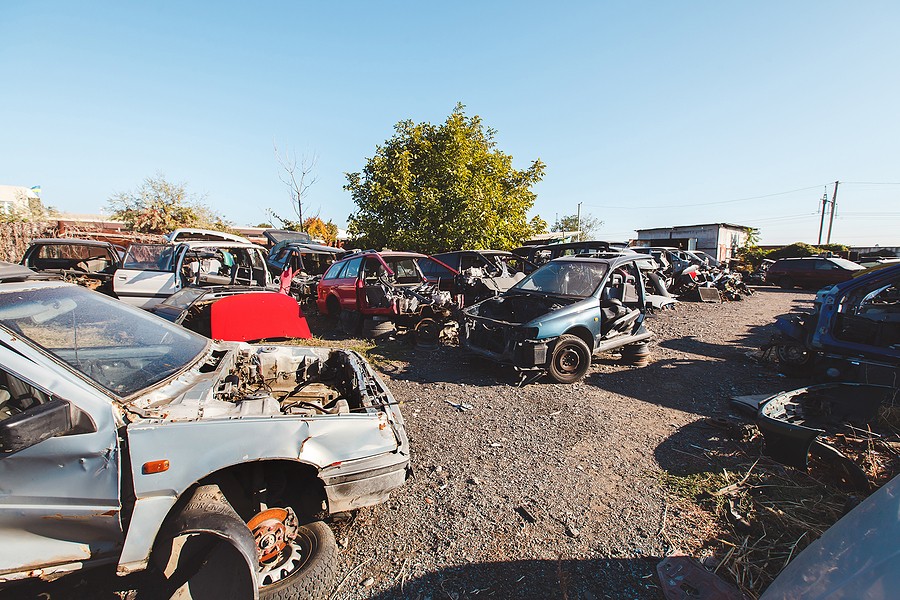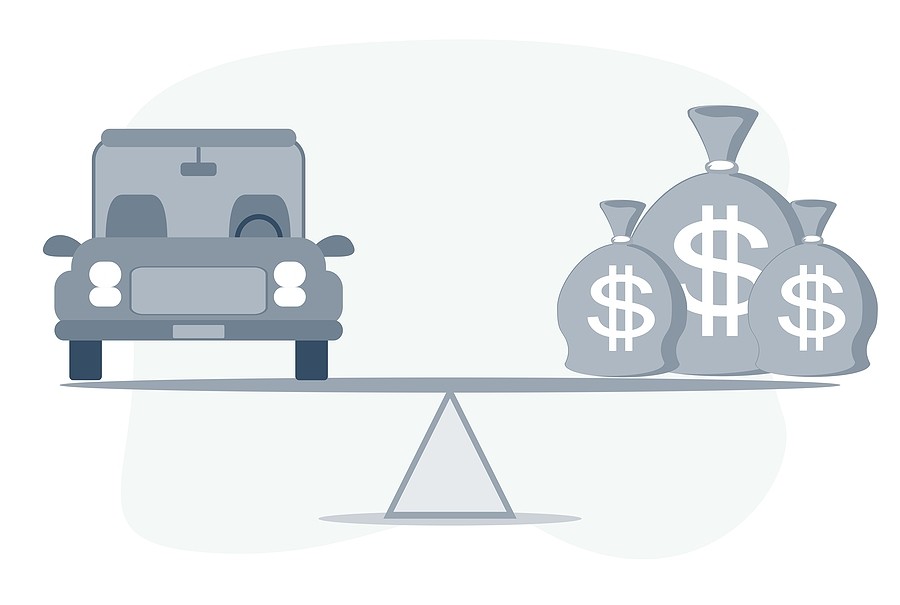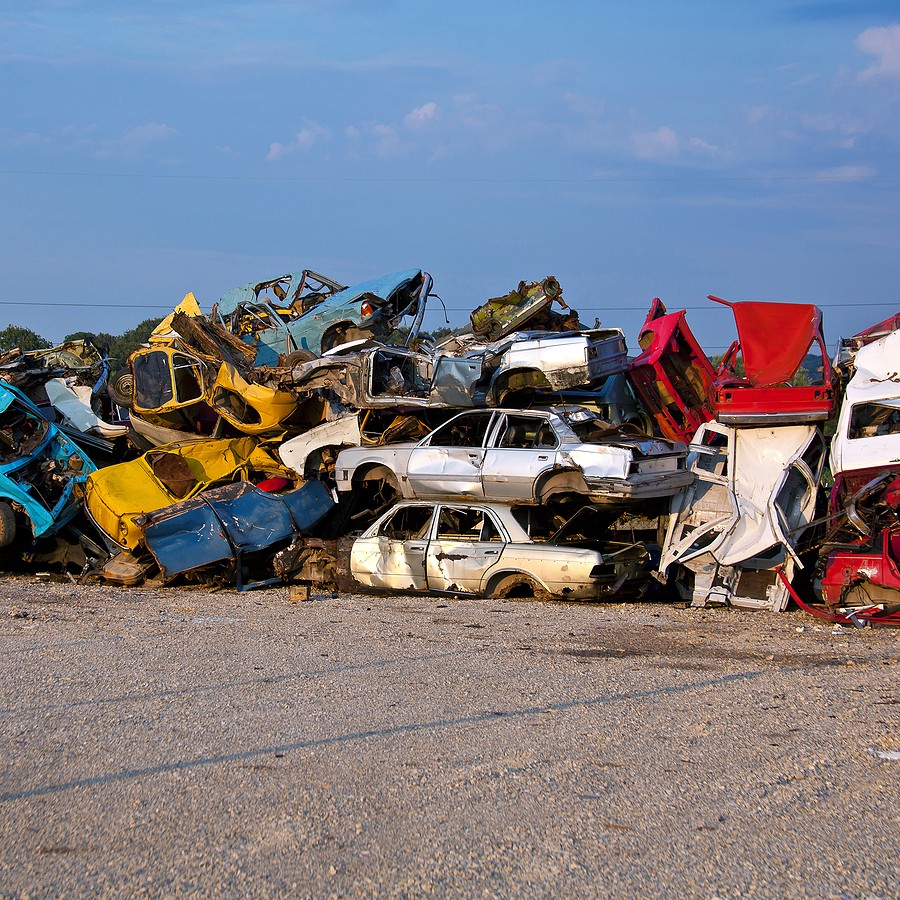If you're looking to buy an engine from a salvage yard, below are ten things to watch for:
- Compatibility
- Physical condition
- Mileage
- Vehicle History
- Installation costs
- Total cost
- Salvage yard's reputation
- Return policy
- Professional inspection
- Alternatives
When your car's engine fails, your options will be limited to buying a brand-new engine, rebuilding your current engine, or considering purchasing a used engine. Buying an engine from a salvage yard is a great idea that could help you get your vehicle running immediately without worrying about significant costs associated with brand-new engines.
However, if this is your first time trying to buy an engine from a salvage yard, you need to be careful about things to watch for. By doing so, you avoid purchasing an engine that has a lot of problems or might not be compatible with your vehicle.
This article provides ten important things to watch when buying an engine from a salvage yard. It also highlights some tips, recommendations, and additional considerations when purchasing a used engine.
Buying an engine from a salvage yard: 10 things to watch for
When buying a used engine from a salvage yard, you don't need to consider that all the engines will be in good shape. In other words, many of them will be good for your vehicle, but many of them could have many problems, which could be a red flag for purchasing a used engine.
The following list provides you with the ten most important things to watch for when purchasing an engine from a salvage yard:
1- Compatibility
Before you even go to the salvage yards, you want to understand your vehicle type and condition. This way, you know exactly which engine will be compatible with your car. Otherwise, you might end up easily buying an engine that's not compatible, and it's not going to work for your car as a replacement.
2- Physical condition
In addition to understanding your engine's type, you must also perform a visual inspection to check the physical condition. The last thing you want to do is to buy an engine that has a lot of loose components or clear damages on the exterior.
Sometimes you might have the right experience to understand whether this physical condition is considered OK when purchasing an engine. Therefore, you should always have somebody with a better experience, like your family member or friend or a mechanic.

3- Mileage
The higher the vehicle mileage, the more likely the engine will face significant problems. Therefore, you must consider the mileage when purchasing a used engine from any junkyard.
According to automotive experts, you will typically start facing major engine problems as you pass the 100,000 and sometimes the 200,000 miles. This depends heavily on the vehicle type and condition, but it is a general rule of thumb to avoid purchasing an engine with a lot of mileage.
4- Vehicle History
Did you know that vehicle history plays a significant role in whether you should purchase a used engine from a junkyard? Therefore, if you have information about what happened to the vehicle before it came to the junkyard, you could save yourself a lot of trouble.
For example, if the vehicle was damaged through a flood or a car accident that impacted the engine, you want to walk away from this car because it might have some hidden problems you're unaware of.

5- Installation costs
Sometimes the insulation cost might be more significant for certain engine types than others. One might argue that the engine will be the same, and what will be different? This is a fair question; some people might participate in engines without the same compatibility, thinking that this will provide additional power to the vehicle.
However, they don't consider that the mechanic will need to perform certain upgrades and updates to the vehicle engine to make it more compatible, which means higher installation costs.
6- Total cost
You can start the total cost for processing and using the engine. Sometimes you might notice that the used engine will be thousands of dollars, sometimes close to that vehicle's value. If that's the case, it might be better for you to sell the vehicle overall rather than waste your time and money trying to invest in a vehicle that's not worth it.
Remember that total cost is not limited to the cost of the parts because there is a big component seated with the labor cost. For example, you need to consider how much it will cost you for each hour of Labor at a mechanic versus at a dealership, depending on where you want to get your vehicle repaired.

7- Salvage yard's reputation
When shopping for a used engine from a junkyard, you want to learn some about the junkyard itself. Sometimes the junkyard might have a good reputation, but in other situations, it might not be the best, and some people might have a lot of complaints about the parts they purchase from this junkyard.
Therefore, you must research the salvage or junkyard before going to them. You can look at some of the online feedback that summarizes what people face when they purchase their parts from this junkyard.
8- Return policy
You might often return the engine, which is a significant component. Therefore, you must understand their warranties and their return policy. Sometimes they might allow you to return any parts, but in another situation, you might notice that the junkyard does not allow this.
Since you're planning to purchase a major component that is thousands of dollars, you need to be careful about whether you can return it or not, and if that's the case, you need to make sure that you have the right person to inspect the car and the engine to make sure that you're buying the right one.

9- Professional inspection
As we mentioned earlier, many things could go wrong in terms of compatibility, and that's why it's always recommended that you bring somebody who has a better idea about what to look for when checking the engine from the salvage yard.
If you, for example, were able to bring your mechanic, and he'll be able to tell immediately whether there are any major problems in the end, purity could also tell whether your vehicle needs some upgrades that can be compatible with this particular engine.
10- Alternatives
Finally, before you decide to purchase a used engine from a salvage yard, you might want to consider other alternatives. For example, some experts might recommend rebuilding your existing engine, while others might even recommend installing a brand-new engine.
Before deciding about the other alternatives, you must perform a thorough inspection and a detailed, comprehensive analysis. This is by comparing the expected repair costs for each alternative to your vehicle's value. You need to see if this will be worth it; otherwise, it might not be worth your time and investment, and therefore, you might want to consider selling this vehicle rather than wasting your time and money.

Buying an engine from a salvage yard: Final Thoughts
Buying an engine from a salvage yard is a great idea for those looking for a part replacement immediately without spending much money on brand-new engines. However, there are many things that you have to watch for to avoid dealing with any complications and to get the best deal out of the engine.
This article highlighted ten important things to watch when shopping for a used engine for my salvage yard. These include understanding the salvage yard's reputation and learning about vehicle compatibility and mileage.
As we mentioned earlier, before you invest in buying an engine from a salvage yard, you want to consider all the alternatives and make a detailed analysis to confirm that this is the right decision for you.
In some instances, you might need to sell your vehicle, and if that's the case, we highly encourage you to call Cash Cars Buyer at 773-791-4363.
If you're interested in similar posts, we highly encourage you to visit our blog by clicking here!



